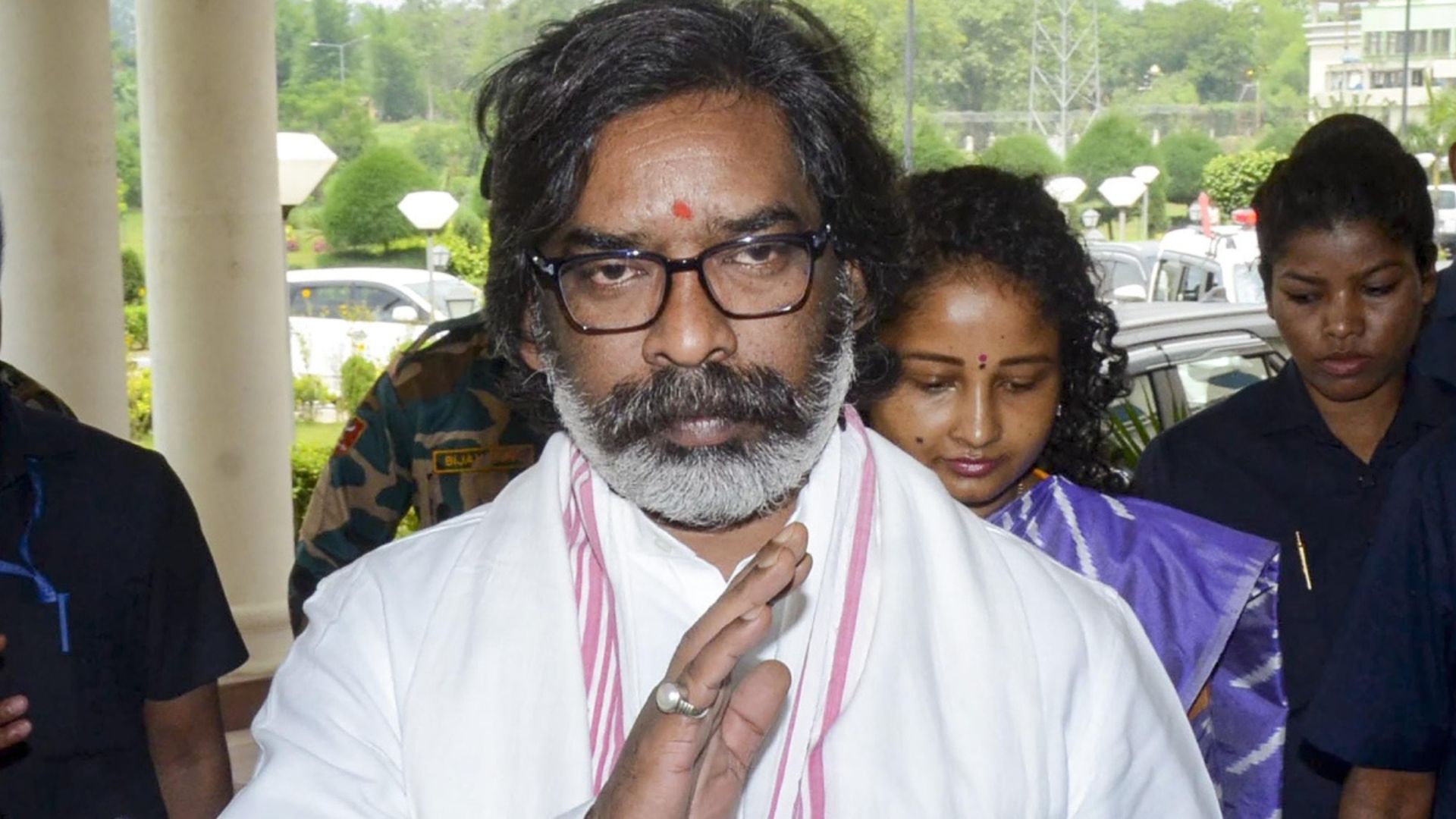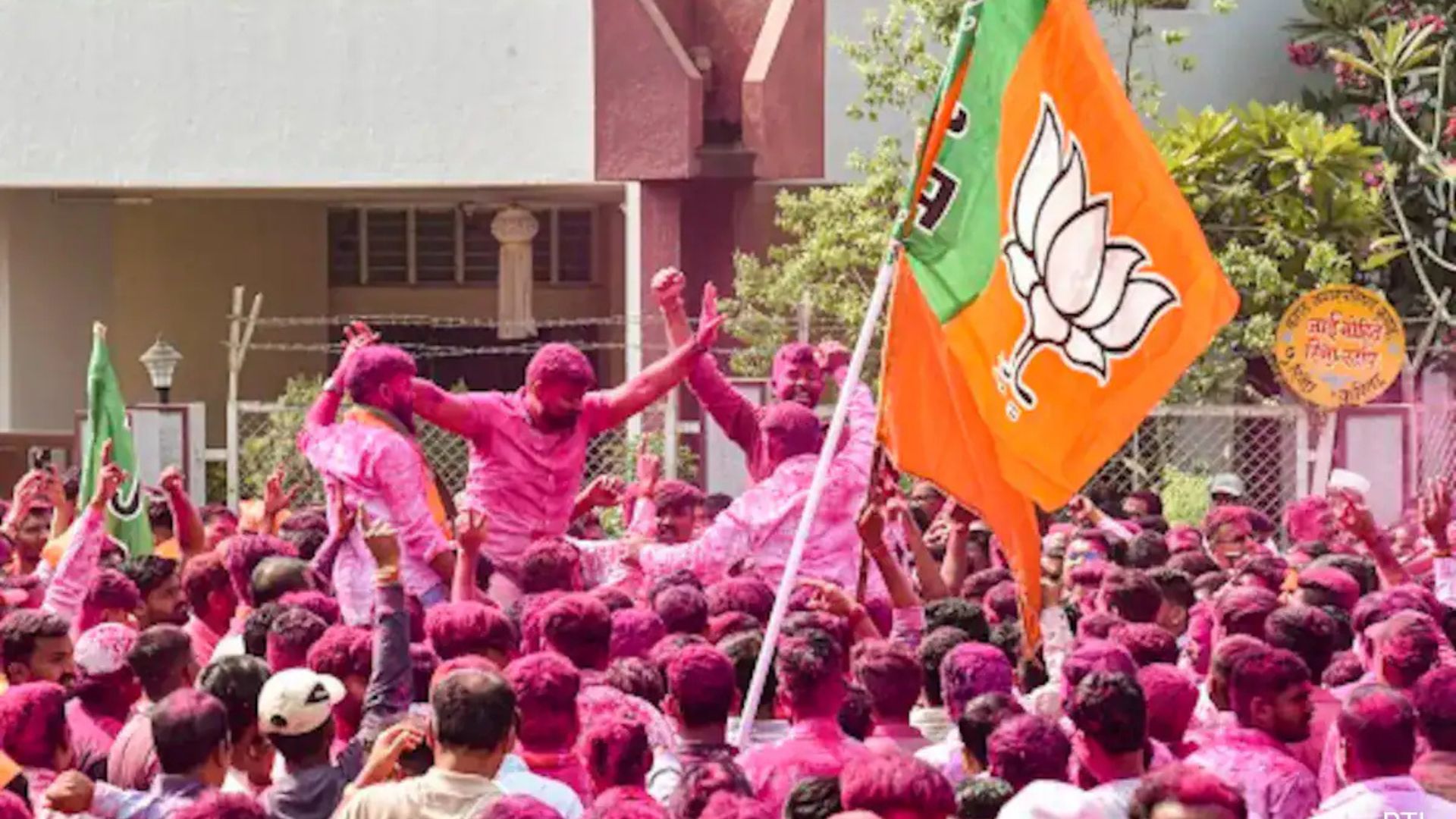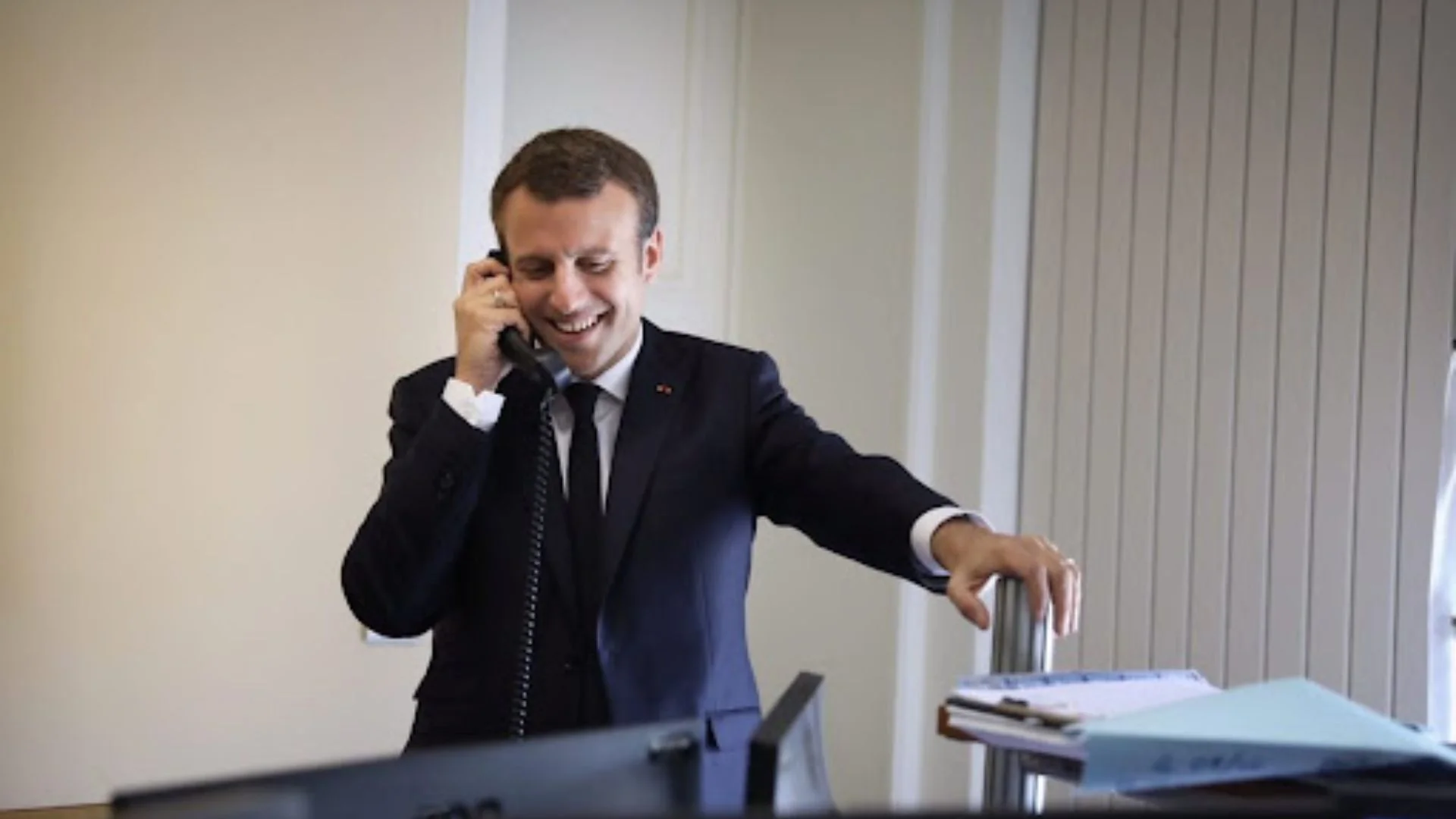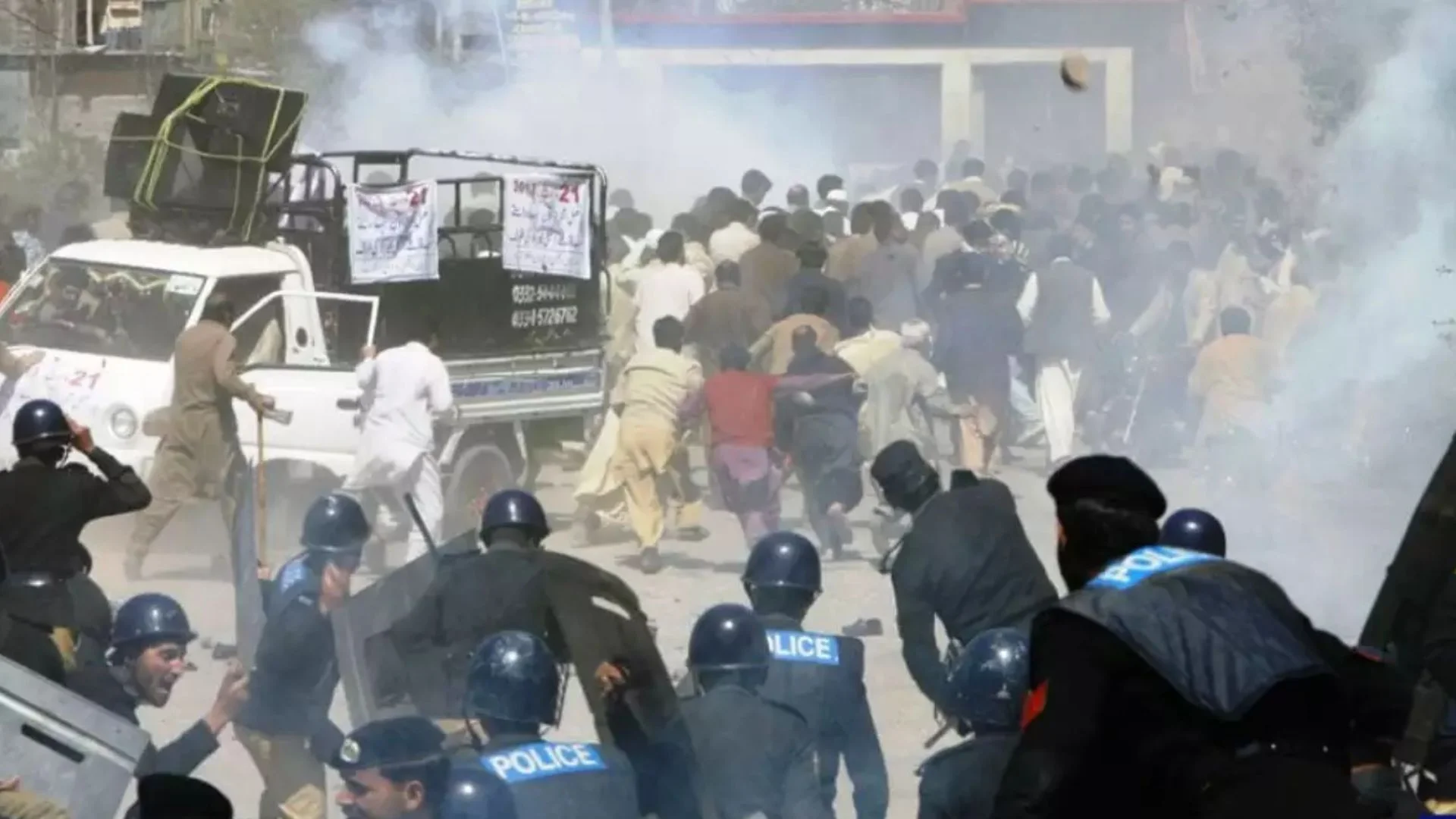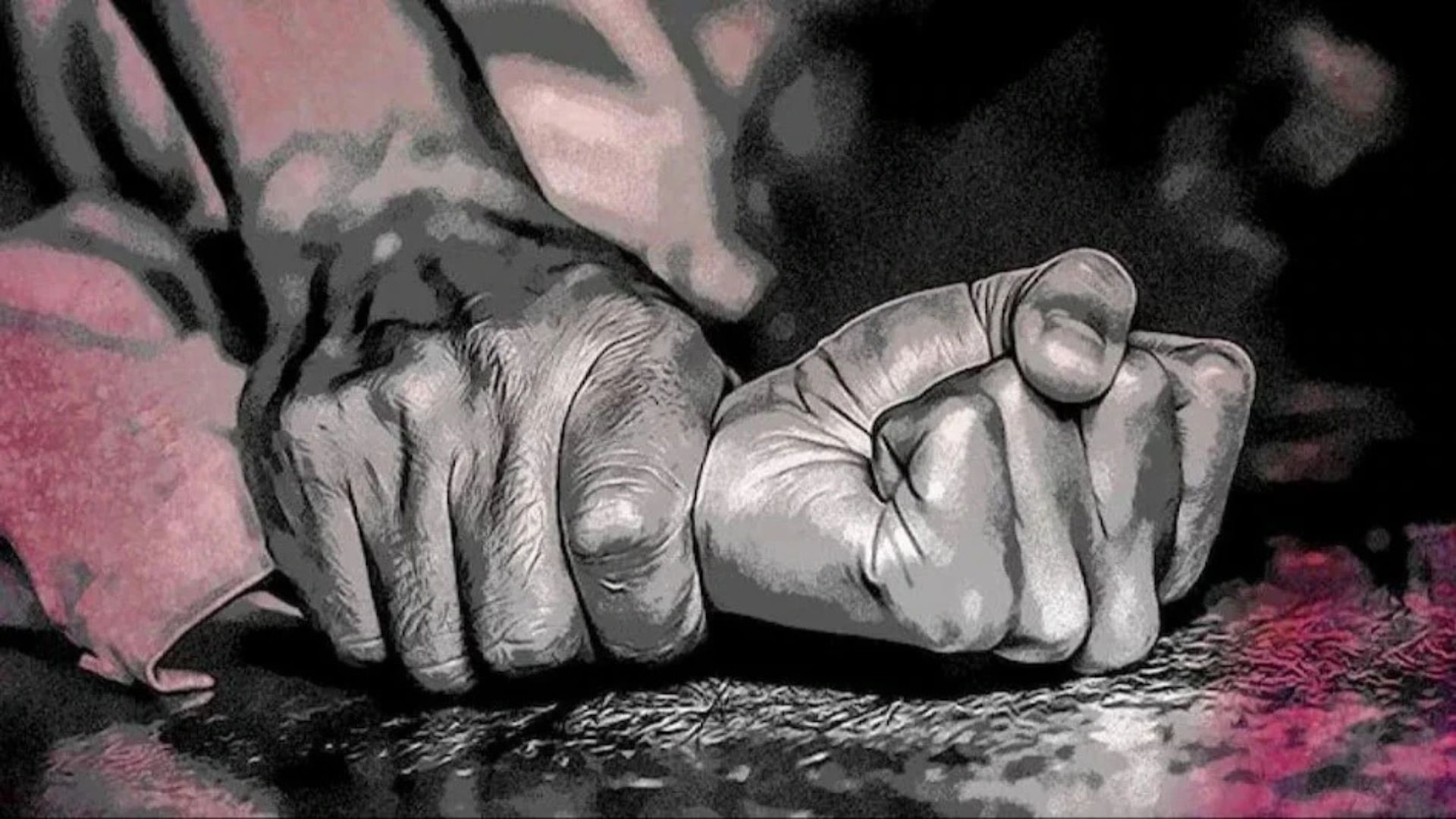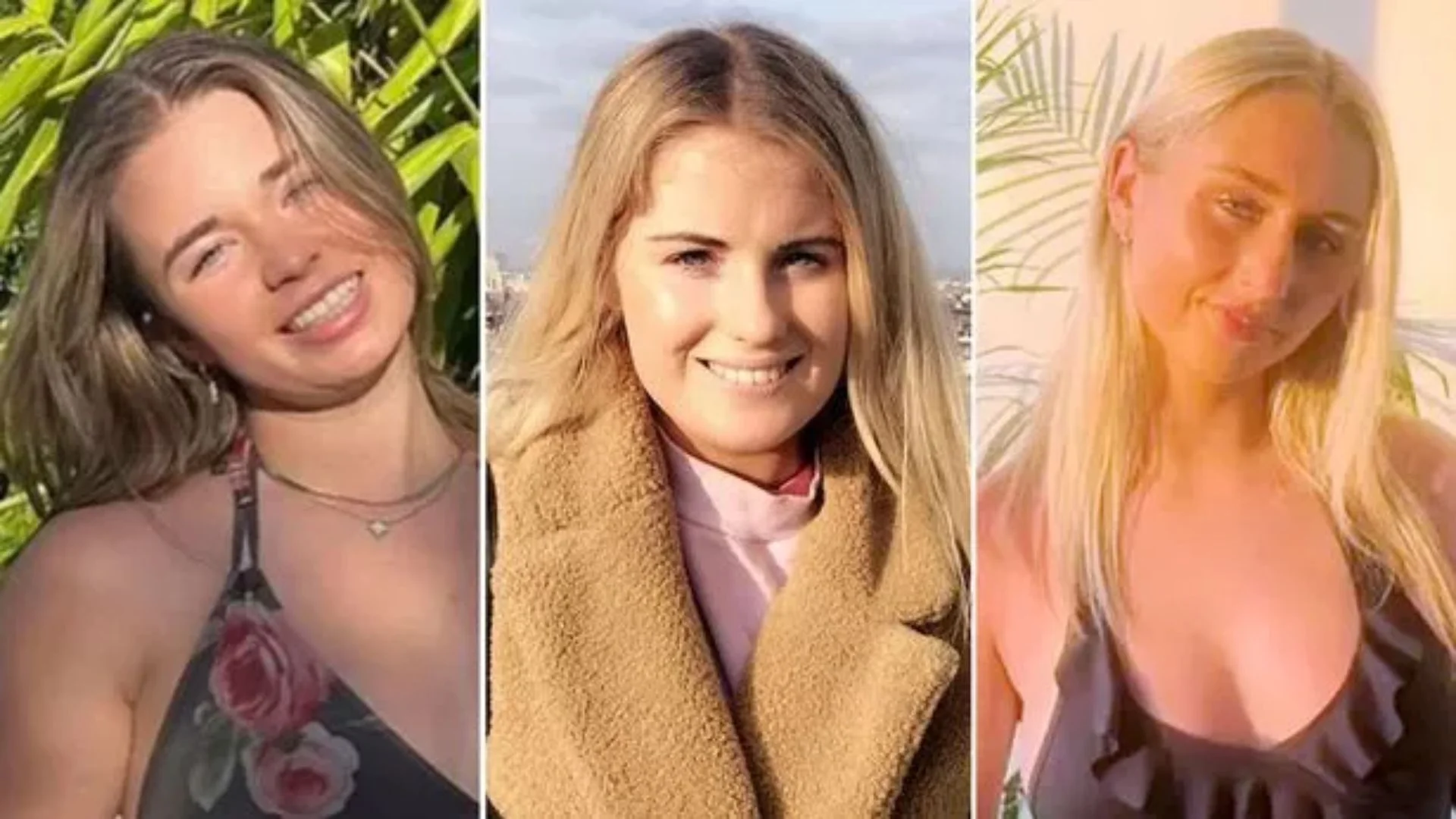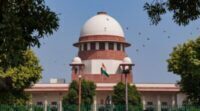
The Supreme Court was to hear a batch of petitions on Tuesday regarding the abrogation of Article 370 from Kashmir but before it could start the hearing, the main petitioners Shah Faesal and Snehala Rasheed withdrew their pleas.
The Chief Justice of India DY Chandrachud said that the Apex Court will commence day-to-day hearings from August 2 on a batch of petitions challenging abrogation of Article 370 of the Constitution.
A five-judge Constitution bench Comprising Chief Justice DY Chandrachud, Justice SK Kaul, Justice Sanjiv Khanna, Justice BR Gavai and Suryakant has fixed July 27 as the deadline for filing of documents, written submissions by parties. The Supreme Court, however, deprecated the practice of parties filing fresh documents and affidavits.
Solicitor General of India Tushar Mehta, appearing for the Union Government, said that the Centre has filed an affidavit but it merely reflects the present situation in the region and no rejoinder may be necessary.
CJI Chandrachud said that Union’ latest affidavit will not have any bearing on the merit of the Constitutionality. The Central Government told the top court that post the changes, street violence, which was used to be orchestrated by terrorists and secessionist networks, has now become a thing of past.
Since 2019, when Article 370 was abrogated, the entire region has witnessed an “unprecedented era of peace, progress & prosperity,” the Centre said.
After the abrogation of Article 370 from Jammu & Kashmir, life has returned to normalcy there after three decades of turmoil, the Centre told the Supreme Court.
Schools, colleges and universities have been functioning without any strikes during the last three years, it added.
“The earlier practice of strikes and bandhs is a thing of the past. Participation in sporting activities is phenomenal, having reached 60 lakhs in 2022-23. These facts clearly prove the positive impact of the constitutional changes effected in 2019,” Centre said in its affidavit.
The affidavit of the Centre was filed on a batch of petitions challenging the abrogation of Article 370 & bifurcation of the erstwhile state of Jammu & Kashmir into two Union Territories. The pleas which are pending since 2019 have not been taken up for hearing since March 2020.
Various petitions are pending before the top court, challenging the validity of the law scrapping Article 370 of the Constitution and special status to Jammu & Kashmir and bifurcating the state into two Union Territories.
On August 5, 2019, the Centre had announced its decision to revoke the special status of Jammu & Kashmir granted under Article 370 and split the region into two Union Territories.
